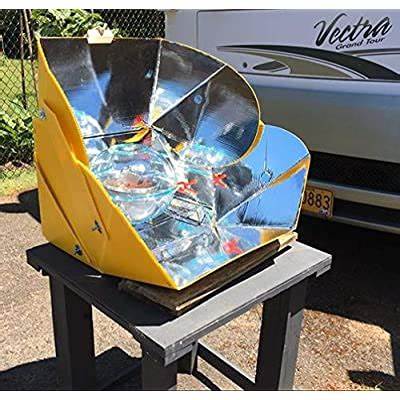One of the most important steps in preparing for any camping trip is planning your meals. Whether you prefer to cook from scratch, bring ready-made camping meals, or a mix of both, a solid meal plan can save you time, money, and frustration out on the trail or at your campsite.
At xkamp.com, we believe that great food is part of what makes camping memorable—and with a little preparation, it can be simple too.
Why Meal Planning Matters
When you’re out camping, you don’t want to waste precious time or energy figuring out what to eat. Without a plan, you might end up:
-
Carrying extra food weight
-
Forgetting key ingredients or utensils
-
Resorting to unhealthy snacks or expensive convenience options
-
Creating unnecessary waste
A well-thought-out meal plan solves these problems before you even hit the road.
Ready-Made Meals vs. Cooking Your Own
Pre-Packaged Camping Meals
Pre-packaged meals are popular for their convenience. They’re often vacuum-sealed or packed individually in plastic, making them lightweight, easy to store, and simple to prepare with minimal cleanup. Just add hot water or heat, and you’re good to go.
These meals are perfect for:
-
Short trips
-
Backpacking when space and weight matter
-
Campers who want quick, no-fuss options
Cooking Your Own Meals
If you love cooking, packing your own ingredients lets you enjoy fresh, customized meals. Think foil packet dinners, pre-chopped veggies, or homemade trail mixes.
The tradeoff? You’ll need to bring more supplies and plan for prep time and cleanup.
Tips for Planning and Packing Camping Meals
1. Plan Each Meal Individually
Don’t just pack random food. Map out breakfast, lunch, dinner, and snacks for each day. This helps you pack just the right amount.
2. Use Individual Packaging
Packing meals and ingredients in individually sealed plastic bags or containers helps with portion control, keeps things organized, and reduces cross-contamination.
3. Consider Shelf Life
Choose ingredients and meals that store well without refrigeration—think dried pasta, canned beans, freeze-dried meals, and nuts.
4. Prep at Home
Chop veggies, marinate proteins, or assemble meal kits before your trip to save time at camp.
5. Pack Versatile Ingredients
Opt for foods that can be used in multiple dishes—like rice, tortillas, or canned tomatoes—to reduce bulk.
6. Don’t Forget Snacks and Hydration
Bring plenty of energy-boosting snacks like trail mix, granola bars, or jerky, and plan for enough water or hydration mixes.
Eco-Friendly Meal Planning
While individually packed meals are convenient, consider environmentally friendly packaging options when possible. Reusable silicone bags, biodegradable wraps, or bulk packing with washable containers can reduce plastic waste on your trip.
Final Thoughts
Good food fuels great adventures—and meal planning is the first step to enjoying both. Whether you choose quick, individually packed meals or prefer to cook fresh dishes at camp, a little advance thought makes all the difference.
So next time you prepare for your outdoor trip, spend some time planning your meals. Your stomach—and your camping experience—will thank you.




